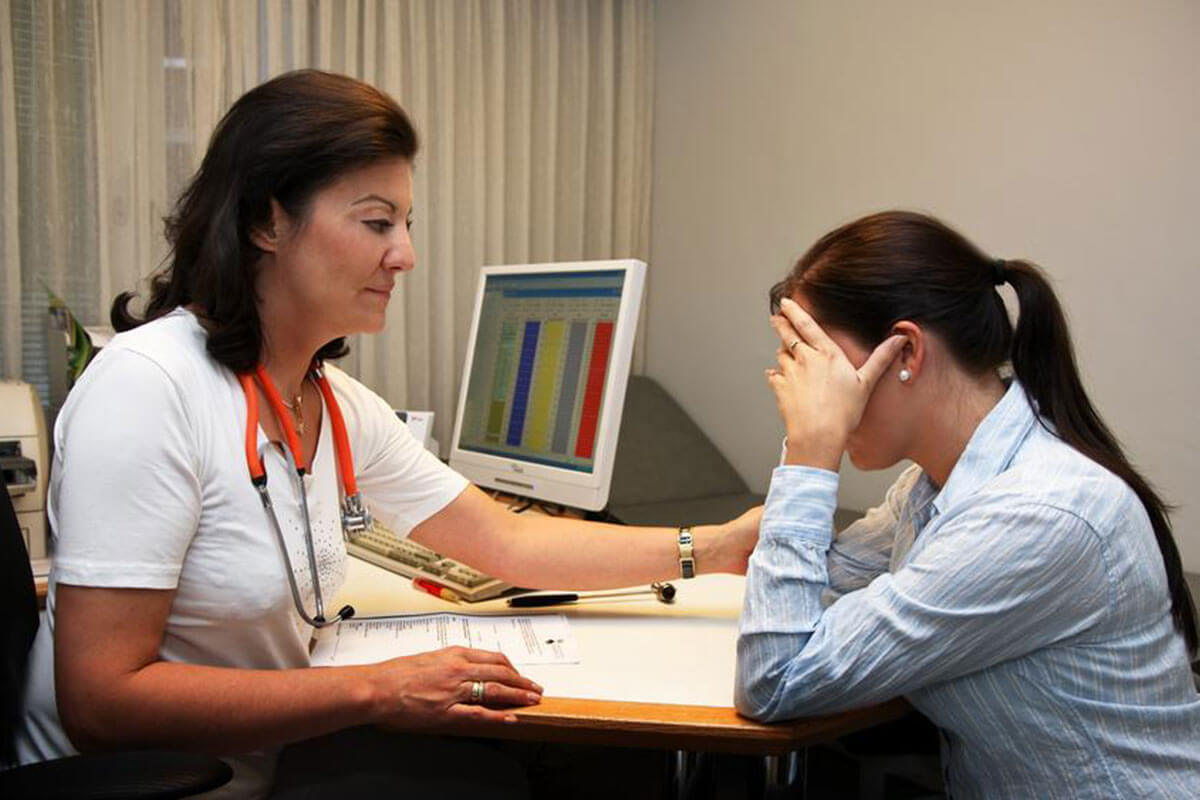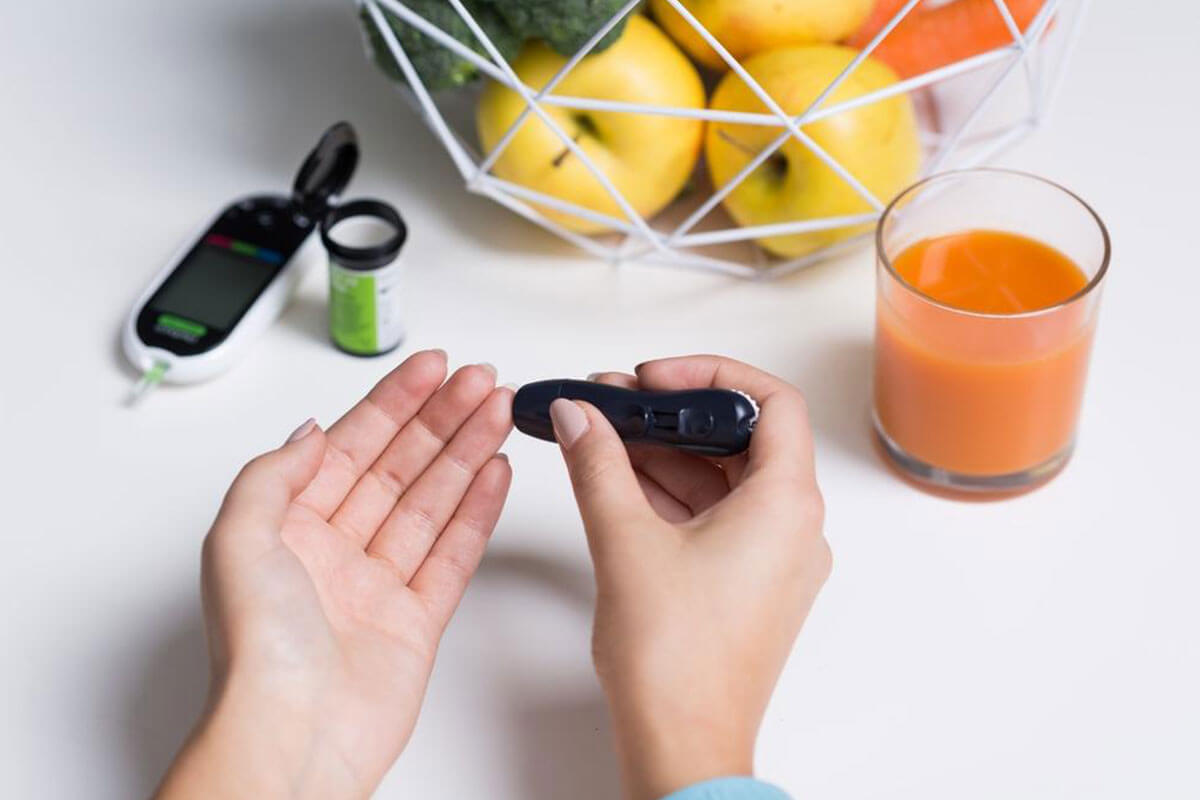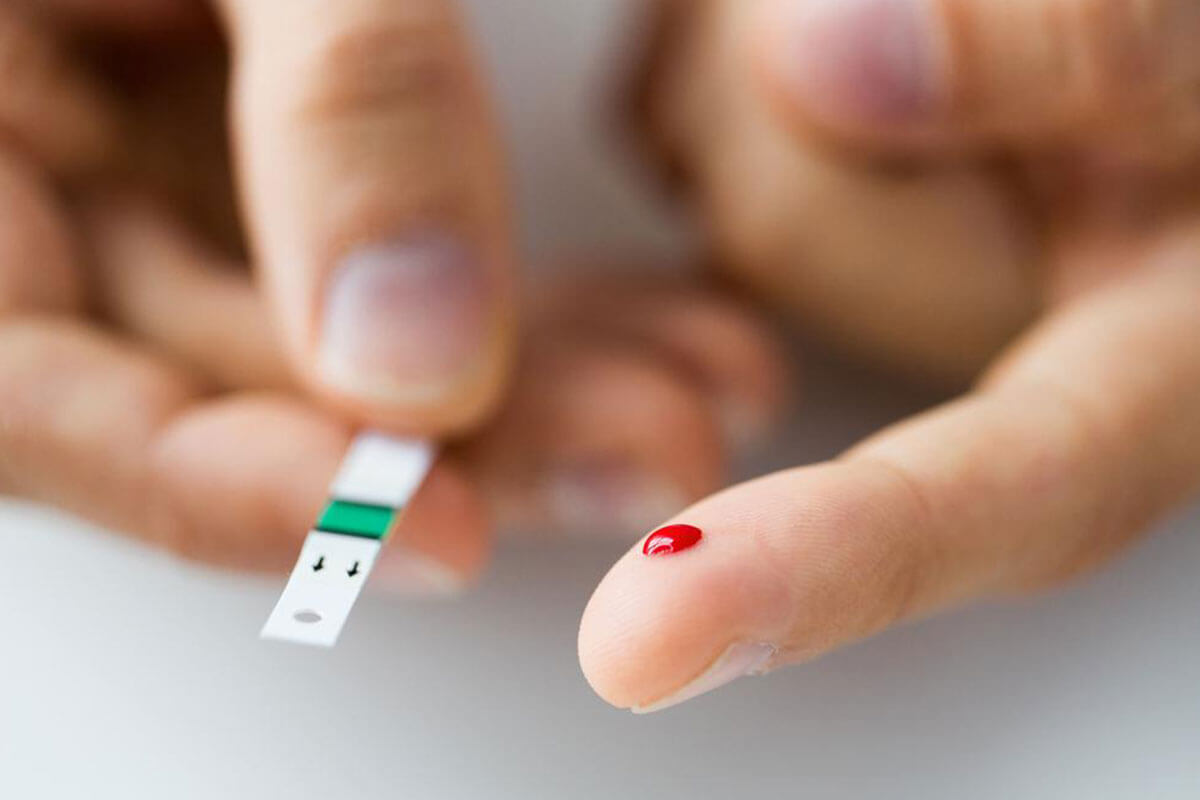
Symptoms
Keep an Eye Out For These Menopause Symptoms
Menopause is a time when women stop having their monthly menstrual cycle. Some women do not have any unpleasant symptoms, while others suffer from menopause symptoms that are debilitating. Read on to know more about menopause symptoms that you should be on the lookout for. Menopause, in simple terms, refers to the time period when women stop menstruating. There is a steady decline in the production of estrogen as well as the function of ovaries as you age. The average age at which most women stop menstruating is 51 years, however, there is a small percentage that experience menopause as late as 60 years. Statistics also show that women who smoke have a tendency to go through menopause earlier than the women who don’t smoke. Menopause means a whole lot more than just the end of fertility for a lot of women. You can suffer from a variety of menopause symptoms like hot flashes and sleeping problems that can be difficult to cope with. The experience of menopause symptoms are different for different women, some report mood changes, while others experience night sweats. If you know what menopause symptoms to look out for, it becomes easier for you to work with the doctor to find the ideal way to manage these changes.













